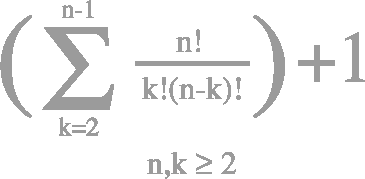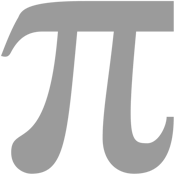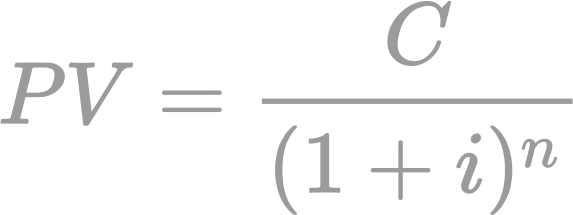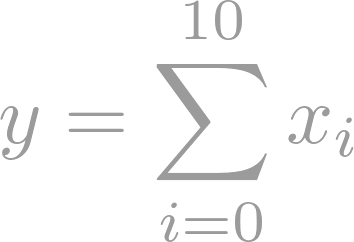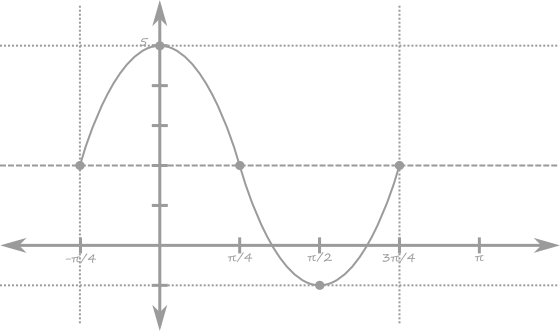In this course, students will study the origins and development of topics of great modern importance. The course is designed primarily for graduate students interested in teaching and mathematics pedagogy. However, it is suitable for all mathematics students also. The course will focus primarily on the axiomatic development of mathematics, the creative processes leading to new methods, and, the development of the calculus.



